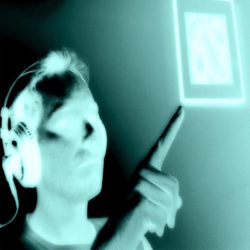I’ve tried to keep an open mind about the Big Mind Process as I’ve explored it on Integral Naked over the past year or so, but I’m just not getting it. Not only does it leave me cold, but it also leaves me scratching my head. Ken Wilber and Stuart Davis talk about Big Mind like it’s to be the flagship spiritual practice of the emerging Integral Scene. Wilber said something like ninety-eight percent of people got a “big hit” from the BM process at a recent gathering. I’m just not buying it. When you get a bunch of people together and the vibe is right, I don’t think it matters much what you do. People will get a “big hit” from the love in the room, whether they’re doing Big Mind or the Hokey Pokey. Not that all activities or practices will inspire or amplify the love vibe to the same degree. I just think too much emphasis is given to technique sometimes, whether we’re talking schools of psychotherapy or spiritual practices. I wasn’t there (at the Integral Spiritual Center gathering), but I wonder if too much credit was given to the Big Mind process and not enough to the energy of expectation, anticipation, hope and love that the people there shared with each other.
Also, the BM process just doesn’t make sense to me. Simply saying, “Let me speak to Non-Grasping Mind” or “Big Heart” or whatever, and having me shift in my seat and act out my idea of what that means — doesn’t that just reinforce whatever concept I have of those terms? Wouldn’t everyone in the room have a completely different idea of what those terms mean? Shit, if I knew what the experience of “Big Mind” or “Big Heart” really felt like and I could tap into these places on command, then I would already be enlightened (and fully realize it). I don’t know, maybe it’s just “The Skeptic” talking.

